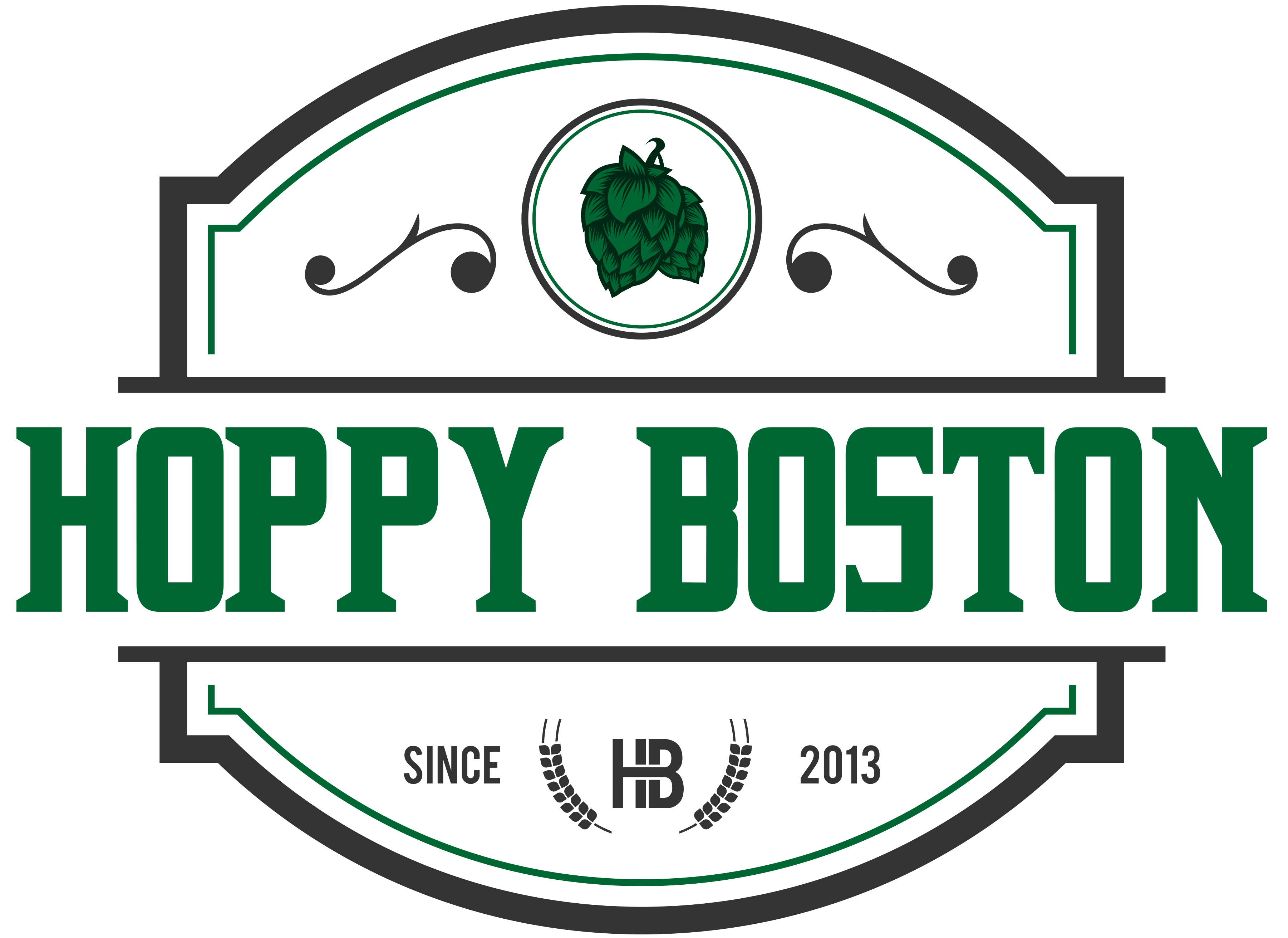When I first started drinking beer the smaller, non-corporate breweries were called “microbrews”, a term you rarely hear anymore. I imagine that the growth of breweries like Sam Adams and Sierra Nevada made the “micro” designation inappropriate. This was replaced by the term “craft beer”, and eventually the Brewer’s Association (a trade group representing independent brewers) defined a series of stipulations for a brewer to be considered a producer of craft beers. Interestingly these requirements seem to change annually, especially the maximum number of barrels that a brewery can produce and still fall under the craft umbrella. There have also been a series of buyouts, where bigger brewers have bought the rights to smaller establishments and caused them to lose their “craft beer” designation, even if they are producing the exact same product at the same location. These changes have led many beer enthusiasts in the Twitterverse to suggest that it is time to retire the term craft beer. I have mixed feelings on the argument, so I thought it would be a fun exercise to lay out the pros and cons (as far as I see them) and try to come to a conclusion.
Argument for keeping the term craft beer: Who owns the company that produces the beer you drink does matter. Big brewers are still trying to deceive potential customers as to the origins of their products, just look at the use of the word “craft” in the new Blue Moon commercials (a beer that is brewed by MillerCoors). While no designation is perfect, it is important to draw a distinction between independent breweries and national conglomerates. Some of the big brewers have a reputation for bullying smaller producers, even putting pressure on distributors to favor their products in displays and on draft at bars. The term craft can serve as a rallying cry in an increasingly competitive industry, in the hope that smaller brewers maintain a focus on taking market share away from big beer instead of fighting with each other.
Argument for ditching the term craft beer: The term is somewhat arbitrary, and it tells you nothing about the quality of the product. Boulevard, Ommegang and Goose Island all make excellent and highly sought after beers, but none of them are considered craft breweries under the current definition. Sam Adams and Yuengling aren’t exactly struggling little operations, but the Brewer’s Association has bent over backwards to make sure they continue to qualify as craft breweries (and that their sales still count towards the statistics the association likes to publicize). Unless you are going to label every qualifying bottle with a “craft beer” sticker the designation really doesn’t help educate consumers, it’s easy enough to find out who makes your beer if you care. Just do a Google search.
Verdict: Some of my opinion pieces include a passionate argument for one side of an issue, but I am kind of torn here. I understand the need to differentiate independently brewed beers from the “crafty” beers brewed by InBev and MillerCoors. My issue is all of the grey area with larger breweries that still qualify as craft and great breweries that don’t due to ownership decisions. While I am not going to join the chorus calling for the end of the term, I think I am going to personally ease away from using “craft beer”, I’ll just call it all beer and let you know who brews it. In the end the point is to find tasty and interesting beverages to enjoy, regardless of who brews them.
What are your thoughts? Is it time to retire the term craft beer, or is it still important/relevant?

1 Comment